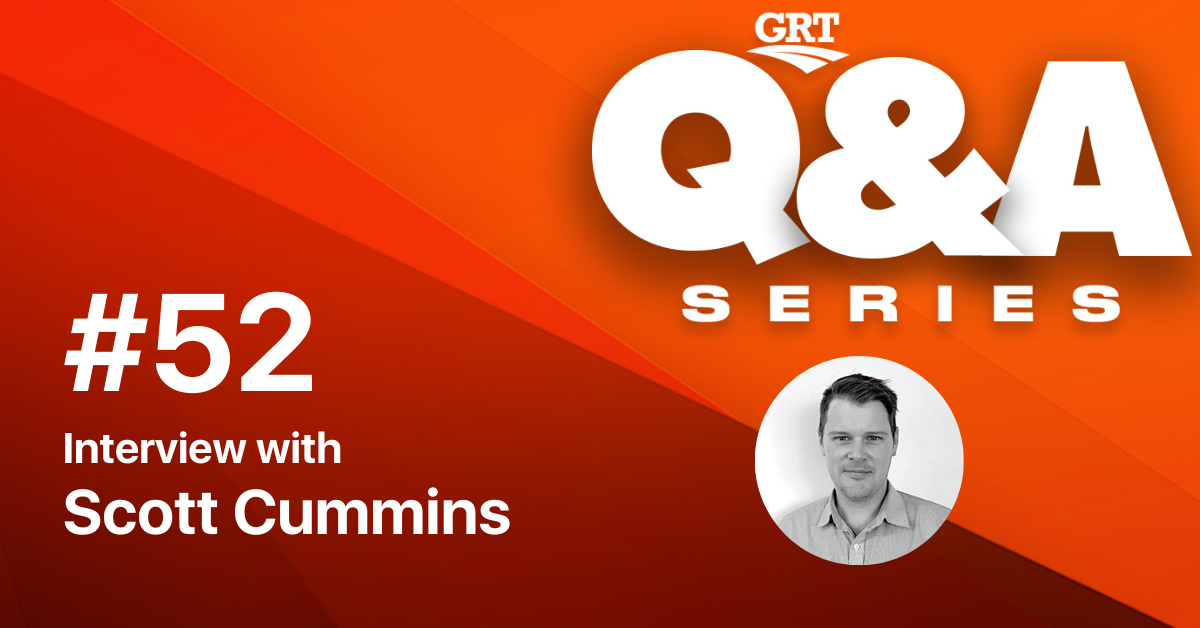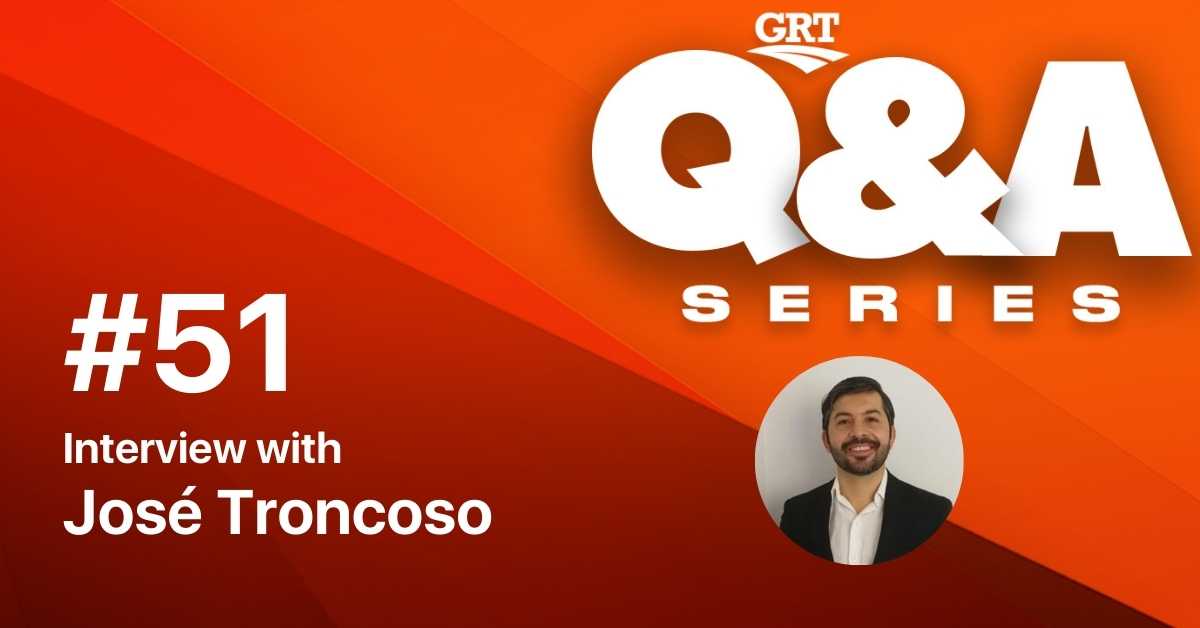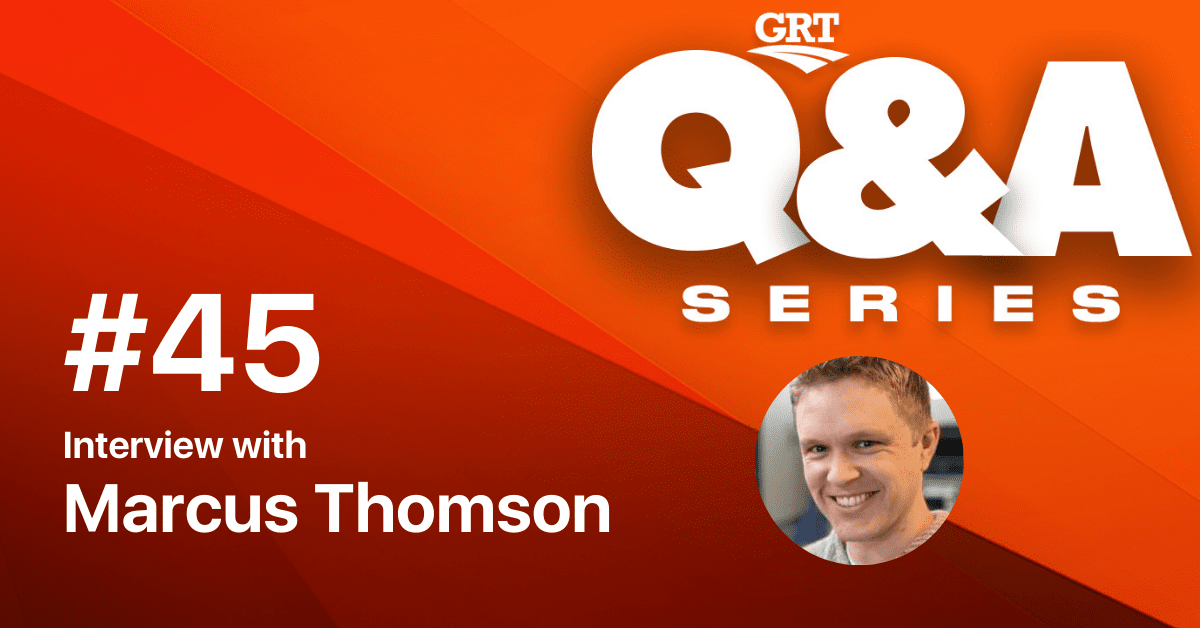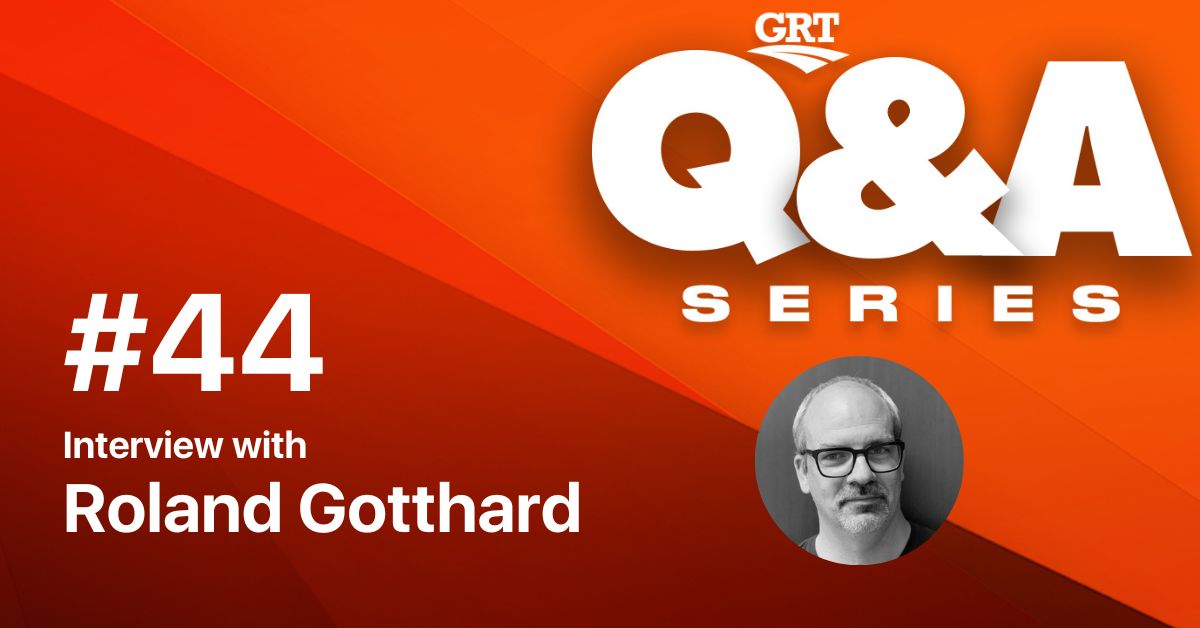Q&A Series #11: Interview with Gregory McGarvie
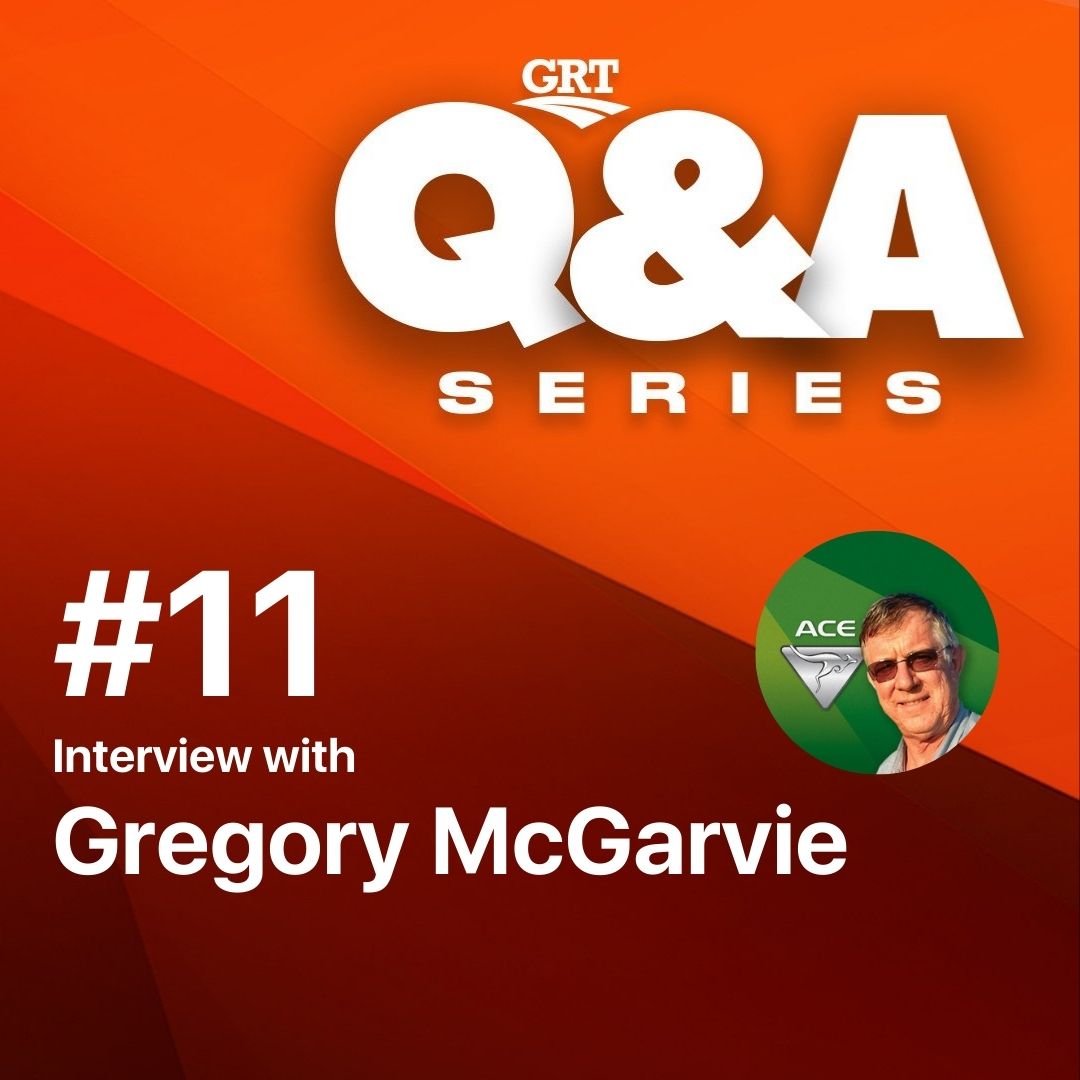
About the guest
Managing Director Greg McGarvie has a background in business, marine education and training sciences. He was instrumental in the early development of a number of regional and international environmental organisations. Together with business partner Will Qiang, their businesses have included – Energy Management Planning – Low Energy Lighting Solutions and since 2015 Utility Scale Solar and Storage – Electric Vehicle Manufacturing – Ecosystem Development – virtual storage networks. The Australian assembled ACE Cargo, was launched by Dr John Hewson at the Sydney International Convention Centre. ACE-EV Group is part of a Global Strategy with German and Taiwanese corporate partners.
The topic of discussion: Australian Clean Energy – Electric Vehicles (ACE-EV)
ACE-EV Group is a unique Australian company, building electric vehicles and energy storage, embracing a new way transport and energy is being manufactured and moved. ACE-EV Group is focused on the “humble van” or light utility, which drives the economies and hopes of billions of people globally. ACE-EV Group uses the inherent value of the battery systems and software to provide electrical storage so that people and businesses can embrace renewable energy. The energy system is a unique design that can be integrated into utilities, buses, and trucks as well as a storage solution for PV systems in homes and commercial enterprises.
ACE-EV is not just another start-up wishing to cash in on the electric mobility future
It is not another Tesla. ACE-EV Group is not another vehicle manufacturer. This venture is not trying to make vehicles compete head-on with the existing manufacturers who are desperately working to change their present-day design and manufacturing processes to adapt to the appetite for electric mobility.
ACE-EV is offering a Business on Wheels or BOW – eMobility for energy, goods and people
The vehicles provide a mobile phone-like user experience, for eMobility with the practical application of advanced energy technology. Its central management platform will offer app store-like capability, to add features and functionality over time. More specifically, using Smart Energy technologies, the vehicles subscribe to services or 3rd party energy service providers, the vehicle is updated to provide seamless integration with Vehicle-To-Grid (“V2G”) services.
The ACE EV is inexpensive, light, and flexible, using carbon fibre composites and targeting green plastics. It is kept simple by hiding the complexity in the design. It can be repaired easily – on a farm, in the outback of Australia, at home, in a garage or upgraded at any one of the future ACE-EV partner service centres. The vehicles are export capable, able to be shipped as a “smart assembly pack” for local builds.
ACE EV Group Vehicles have three key differentiators:
1. Smart Manufacturing Cells – 40 years of vehicle manufacturing experience allows ACE-EV to use fast, flexible composite manufacturing cells that require one third of the energy needs of existing vehicle plants.
2. Smart assembly Packs – vehicle packages are created at the ACE-EV plant and then shipped for final assembly and finishing at each country partner’s PopUp Assembly Pod.
3. Smart Energy Software – for a “Mobile Energy Management System” it allows the vehicle owner to control their energy exchange, via the ACE management platform, it allows for seamless integration with third-party energy service providers.
In this article, we learn more about Australian Clean Energy Electric Vehicles (ACE-EV) from Gregory McGarvie, Managing Director at ACE EV Group in Hervey Bay, Queensland, Australia.
1. Can you tell us more about ACE Electric Vehicles Australia and its contributions to the global electric vehicle’s scene?
ACE EV Group is a global movement, of highly experienced Australians, very skilled youngsters, average age, early 60’s, each is focussed on creating job and manufacturing opportunities in Australia. This is particularly important to our grandchildren’s future, and mitigating climate change.
ACE EV Group is focussed on partnering with countries left out of the EV manufacturing revolution, by building PopUp eAuto solutions for in country assembly, creating home grown jobs.
2. What part is ACE Electric Vehicles playing in the journey towards net-zero carbon emissions in Australia?
ACE EV Groups product is designed to reduce living costs, aligned with production growth and product sales, the technology will mitigate home and business energy costs, whilst lifting transport productivity, importantly the technology will update over time. Through electric vehicles, the path to zero emissions is less expensive and achievable.
The Inescapable truths – Electric Vehicles don’t steal our oxygen, don’t pollute our air with toxic exhaust gases, aren’t noisy, nor odorous, they have extremely low operating costs (eg from 50 cents – $3.60/100 km). Local Australian manufacturing means jobs and new technology supply chains.
3. How important has been R&D in achieving a scalable business model?
The nub of ACE EV Groups success will be a strong R&D program, building partnerships with clever future-focussed individuals and businesses. This strategy is critical to scaling the business and leading the fight, to push back on climate change with zero-emissions vehicles. ACE EV Group is partnered selectively, including University of Queensland Bioengineering and Nanotechnology, Flinders University and Monash University, underpinned by research facilities in Stuttgart and Ningbo.
4. How have you dealt with competition and gatekeepers in remaining authentically ACE-EV?
No real competition issues, this is not a competition between manufacturers, the competition is to get EV out quickly to reduce global pollution and biosphere damage. To date, the key gatekeeper to progress, is a confused public, not understanding the clear benefits of electric vehicles.
5. How do we bridge the gap between electric vehicle acceptance and the costs associated with owning one?
The critical need is a simple clear Information campaign, focussed on the benefits Electric Vehicle’s compared to the old technology fossil fuel polluters.
- Range anxiety – imagined (EV’s 150 – 700 km) average daily trip under 50 km
- Charge point anxiety – overdone every home is a charge point over 80% home charge
- Cost of purchase – exaggerated many vehicles into markets now under $40,000
- EV ownership – an enjoyable experience
- Operating costs – EV ownership is an instant reduction in cost of living and transport – up to 80% reduction with energy bills,
- EV costs – home solar 50c-$1 / 100 km, plugin at home no solar $3.60 / 100 km
- Fossil Fuel Smoker costs average $7.50 – $19.00 / 100 km,
- Travel 12,000 km, annual savings $840 – $2,160 equals a good trip to Hawaii.
6. What are some of the key challenges faced by ACE Electric Vehicles Australia?
Media have an important role with electric vehicles to reflect the science truthfully, to do otherwise is hazardous to humanity and our grandchildren’s future, alternate truths and opinions passed as fact does no good for community trust and understanding.
NewsCorp now claims a focus on a zero-emissions future, no easy task as they have built a generational readership that puts science beneath the opinion leaders. The NewsCorp Global Environmental Initiative is an opportunity. The Australian Editorial Board, announced plans, in October, for a major editorial project that will inform Australians about the key environmental and climate issues of our time, and the options Australia and Australians would need to consider, in order to reach a zero-emissions target.
To meet their targets, NewsCorp will need a sustained flushing out of climate deniers and commentators, currently still on the platform for distortions and mistruths about the risks of climate change and the benefits of renewables and electric vehicles.
7. Moving forward, how important are collaborations in achieving a global footprint for ACE Electric Vehicles?
Australia is well recognised, with ACE EV Group, a global leader, a unique brand of e-Auto manufacturing Pod and the now a recognised patent-pending AAV2G advanced mobile energy management systems device that provides exceptional services to the grid, home power and energy trading. (potentially a Wi-Fi moment for Australia).
The ACE EV group is a global collaborative team, it comprises leaders across sectors globally. Many are clever Australians, who fled the country for offshore opportunity, as the sciences and manufacturing were wound back in previous decades. There is now a new enthusiasm for reshoring, to join ACE EV Groups advanced manufacturing and dynamic research and development projects with electric vehicles and energy management.

Keith Nare
Technical Head of Communications for GRT, Keith leads GRT's content strategy across various platforms, whilst coordinating internally to build the voice and opinions of the GRT team. Keith is a product of Nelson Mandela University and his PhD work focuses on Polymer and Physical Chemistry. He was a Research Associate at SANRAL in South Africa and later spent time as a Visiting Research Associate to NTEC at the University of Nottingham in the UK. He is a former Director of Communications for CALROBO in the USA.
Keith is passionate and enthusiastic about health and safety, sustainability, networking and finding synergy through conversations.
Related Interviews
MORE INDUSTRY ARTICLES
Nothing found.

